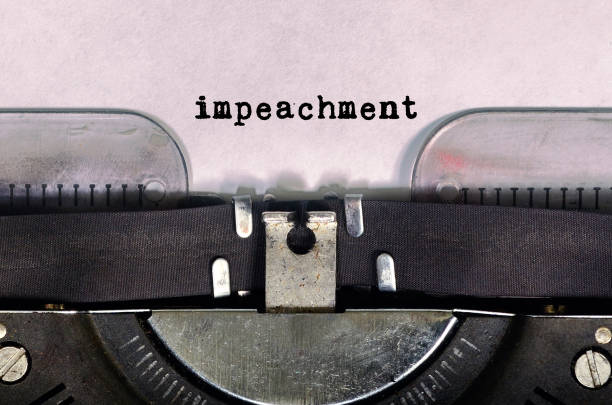


Has a President Ever Been Impeached?
Yes. Presidents Andrew Johnson and Bill Clinton have both been impeached, however, no president has ever been convicted by the Senate. That means that no president has ever been removed from office through the impeachment process. Nixon resigned before he was impeached.
Why is Congress Trying to Impeach the President?
On September 24, House Speaker Nancy Pelosi announced that the House would be moving forward with an official impeachment inquiry into President Trump due to the President allegedly using his power to impact a Ukraine investigation into the Biden family. The President threatened to not deliver financial aid to the Ukraine if the country did not investigate alleged corruption in Ukraine by the Bidens.
How Does the Impeachment Process Work?
As the best Connecticut white collar crime lawyers know, there is first an impeachment inquiry. After this is completed, the House Judiciary Committee prepares articles of impeachment which happened this week.
Next, the House of Representatives votes on the articles. If any article gets a majority vote (meaning more than 50% of the House of Representative), then the individual is impeached.
Once Impeached by the House of Representative, the Senate Holds a Trial
After the House impeached, then a trial takes place. The articles that receive a majority vote act as “charges”. The “Managers” from the House of Representatives act as prosecutors, the target gets the right to defense attorneys, and the Senate sits as the finder of fact.
The Senate must find the official “guilty” by a minimum two-thirds vote for him or her to be removed.
When Can a President be Impeached?
According to the United States Constitution, grounds for impeachment include “treason, bribery, or other high crimes and misdemeanors.” In reality, non-criminal offenses can be grounds for impeachment too. The House of Representatives have drafted many articles of impeachment that do not involve the violation of a criminal statute.
Who Takes Over if the President is Removed from Office?
The presidential line of succession decides who takes over if the President is impeached or dies in office. The first person to take over would be the Vice President, then the Speaker of the House of Representatives, and then the President Pro Tempore of the Senate.
Can a Connecticut Governor Be Impeached?
Yes. Former Connecticut Governor John Rowland was the first Connecticut Governor to have ever faced impeachment, and the only Connecticut Governor who served prison time.
Contact or Consult an Impeachment Lawyer for More Questions
The team of white collar and state crime litigators at the Mark Sherman Law Firm routinely defend public officials who have been accused of crimes and ethical violations in the performance of their official duties. For more information on our firm, check out our certified former client reviews on Avvo.com, and contact us today at (203) 358-4700 to schedule a consultation.